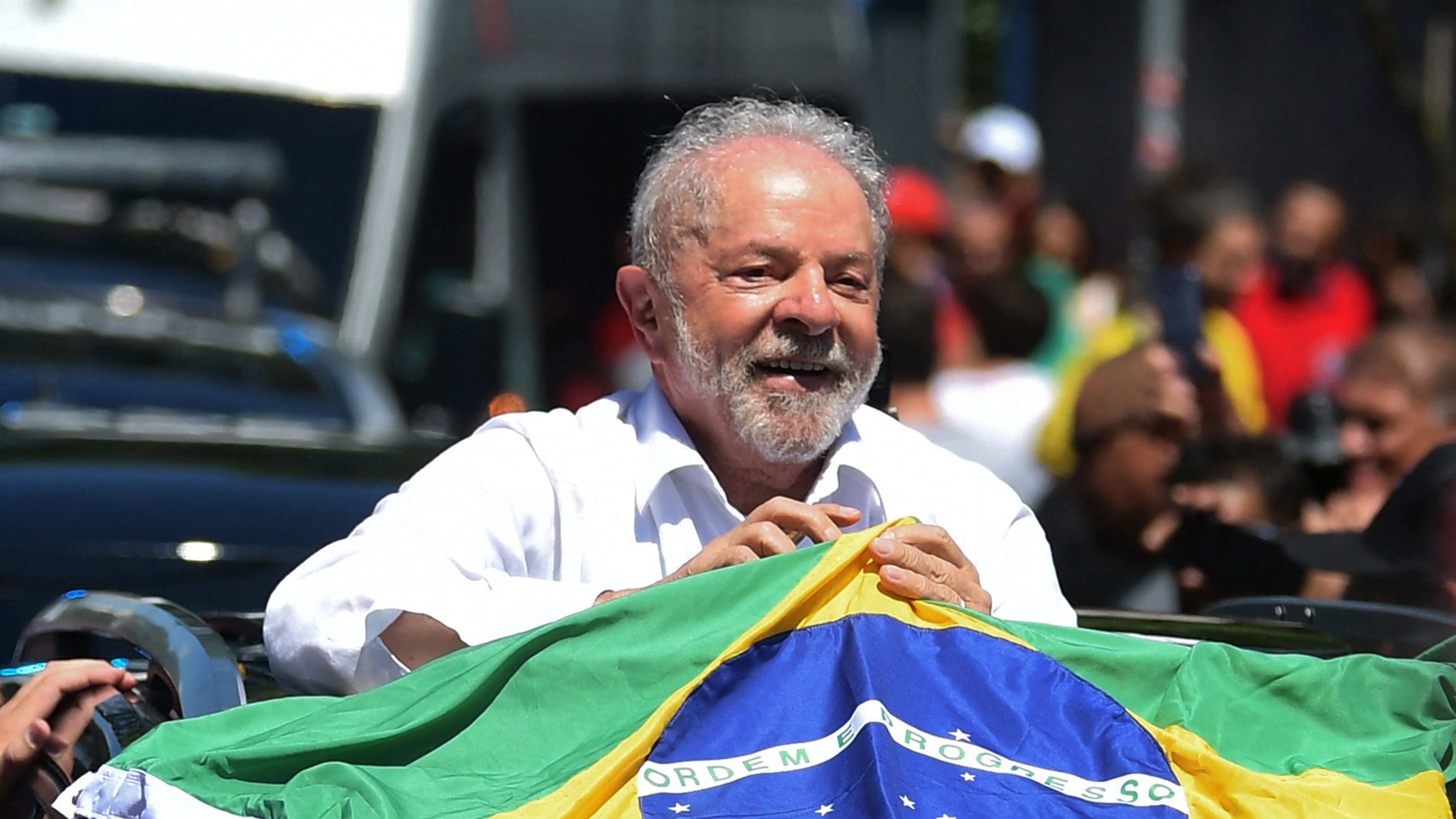Brazilian Economy and Politics: Brazil News

Brazil, a nation with a vast and diverse economy, is navigating a complex landscape of economic challenges and political shifts. This dynamic interplay between economic performance and political stability continues to shape the trajectory of the country.
Economic Performance and Challenges, Brazil news
The Brazilian economy, once a powerhouse in the emerging market world, has faced a period of economic stagnation and volatility.
- Economic Indicators: Key economic indicators provide insights into the current state of the Brazilian economy.
- Gross Domestic Product (GDP): Brazil’s GDP growth has been uneven, with periods of expansion followed by periods of contraction. In 2022, GDP growth reached 2.9%, indicating a recovery from the pandemic’s impact. However, it remains below pre-pandemic levels.
- Inflation: Inflation has been a persistent concern, exceeding the central bank’s target range in recent years. While inflation has shown signs of easing, it remains a significant factor influencing consumer spending and business confidence.
- Unemployment: The unemployment rate has been fluctuating, with a decline in recent months. However, the labor market continues to face challenges, including underemployment and informal employment.
- Major Challenges: Brazil confronts a number of economic challenges that require careful attention and effective policy responses.
- Public Debt: Brazil’s high public debt is a major concern, limiting the government’s fiscal flexibility and increasing borrowing costs.
- Inequality: Despite economic growth, income inequality remains a significant issue in Brazil, with a large gap between the wealthy and the poor.
- Structural Reforms: Brazil faces the challenge of implementing structural reforms to improve competitiveness, attract investment, and foster long-term economic growth.
Political Landscape
Brazil’s political landscape is characterized by a multi-party system with a diverse range of ideologies. Recent elections have witnessed significant shifts in power dynamics.
- Recent Elections: The 2022 presidential election was a highly contested and polarized event, with Luiz Inácio Lula da Silva (Lula) defeating incumbent Jair Bolsonaro. Lula’s victory marked a return to power for the Workers’ Party (PT) after a period of conservative rule.
- Major Political Parties: The political scene in Brazil is dominated by several key parties, each with its own platform and base of support.
- Workers’ Party (PT): The PT, founded in 1980, is a left-leaning party that has historically advocated for social justice, economic equality, and workers’ rights.
- Liberal Party (PL): The PL is a center-right party that has gained prominence in recent years, often aligning with conservative ideologies.
- Brazilian Democratic Movement (MDB): The MDB is a centrist party with a long history in Brazilian politics, known for its pragmatism and coalition-building.
- Key Figures: Several key figures have shaped the political landscape of Brazil.
- Luiz Inácio Lula da Silva (Lula): Lula, a former president, is a charismatic and influential figure in Brazilian politics. He is known for his social programs and economic policies during his previous presidency.
- Jair Bolsonaro: Bolsonaro, a former military officer, emerged as a populist figure, appealing to conservative voters. He implemented policies aimed at reducing government spending and promoting economic liberalization.
Relationship between Economic Performance and Political Stability
The relationship between economic performance and political stability in Brazil is complex and dynamic. Economic downturns can often lead to social unrest and political instability. Conversely, periods of economic growth can foster political stability and strengthen the government’s legitimacy.
- Examples:
- The 2014-2016 Recession: The severe economic recession that Brazil experienced between 2014 and 2016 contributed to a period of political turmoil, leading to the impeachment of President Dilma Rousseff.
- The COVID-19 Pandemic: The COVID-19 pandemic had a significant impact on the Brazilian economy, leading to a sharp decline in economic activity and increased unemployment. This economic crisis exacerbated political tensions and contributed to the polarization of the political landscape.
Brazil news – Brazil’s news cycle is often filled with vibrant stories of culture, sports, and politics. But sometimes, tragedy strikes, like the recent plane crash in Brazil , which reminds us of the fragility of life and the resilience of the human spirit.
These events, though devastating, also highlight the country’s strong sense of community and shared grief, a characteristic that resonates deeply within its national identity.
Brazil, a land of vibrant culture and diverse landscapes, is constantly making headlines. From political developments to economic fluctuations, keeping up with the latest news from this South American powerhouse can be quite the adventure. For a comprehensive look at the political, economic, and cultural currents shaping Brazil, check out brazil news.
Whether you’re interested in the latest political debates, the impact of global markets on the Brazilian economy, or the fascinating cultural expressions that make Brazil unique, this resource offers a valuable window into the heart of the nation.
